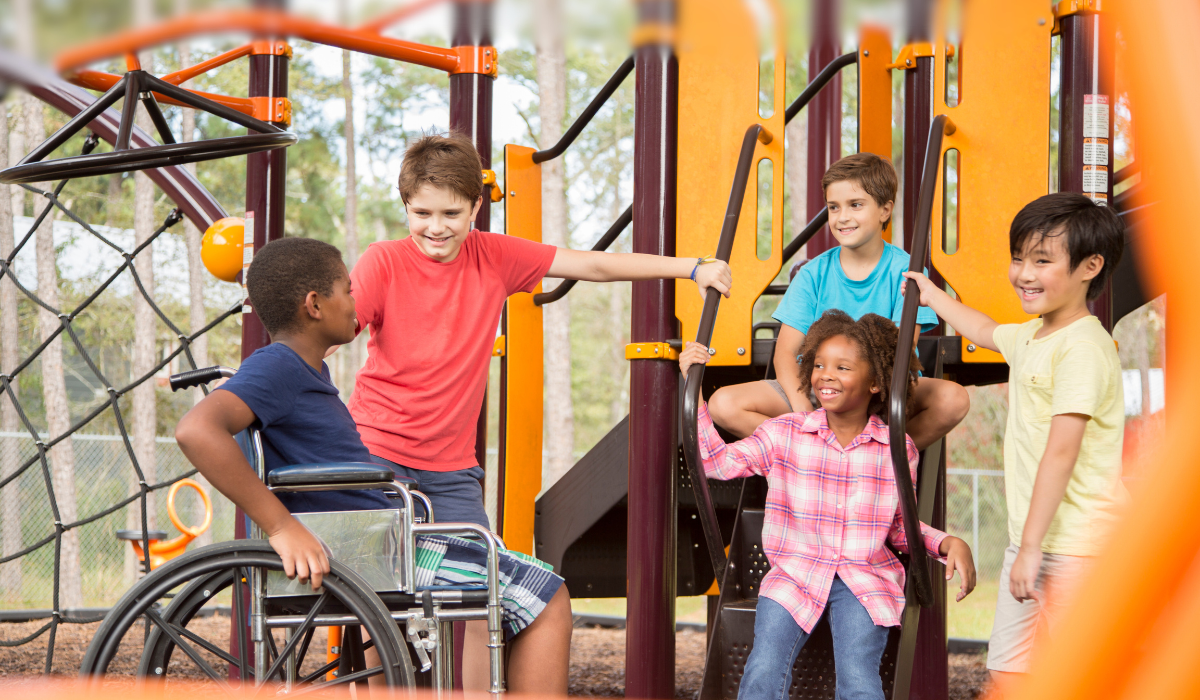Students with physical impairment have physical challenges which affect their ability to learn and may require adapted and/or special materials or equipment.
- Michigan eligibility under the category Physical Impairment Rule 340.1709
In IDEA, you may also see this eligibility category called “Orthopedic Impairment” which “…means a severe orthopedic impairment that adversely affects a child’s educational performance. The term includes impairments caused by a congenital anomaly, impairments caused by disease (e.g., poliomyelitis, bone tuberculosis), and impairments from other causes (e.g. cerebral palsy, amputations, and fractures or burns that cause contractures.”
What do I need to think about for my child’s IEP?
A key concept in physical impairment eligibility is that the physical challenges “adversely affects educational performance”. This does not mean, however, that a child has to be failing in school to receive special education and related services.
The services each student needs is determined by the Individualized Education Program of which the parent is a vital part. Parents and educators work together to make an educational plan that provides supplementary aids and services and accommodations and modifications that fit the individual, unique needs of the student.
Typically a child with a physical impairment may need different kinds of therapy (these are called related services):
- Physical therapy (PT), which helps the child develop stronger muscles such as those in the legs and trunk. Through PT, the child works on skills such as walking, sitting, and keeping his or her balance.
- Occupational therapy (OT), which helps the child develop fine motor skills such as dressing, feeding, writing, and other daily living tasks.
- Speech-language pathology (S/L), which helps the child develop his or her communication skills. The child may work in particular on speaking, which may be difficult due to problems with muscle tone of the tongue and throat.
Is there some technology that can help my student?
Assistive technology is a related service listed in IDEA. Technology is a key to leveling the playing field for individuals with disabilities. Learn more on our Assistive Technology webpage.
If your child has difficulty speaking, you might consider an alternative/ augmentative communication device.


